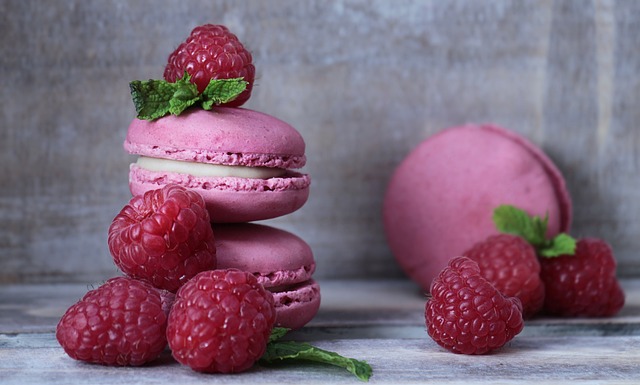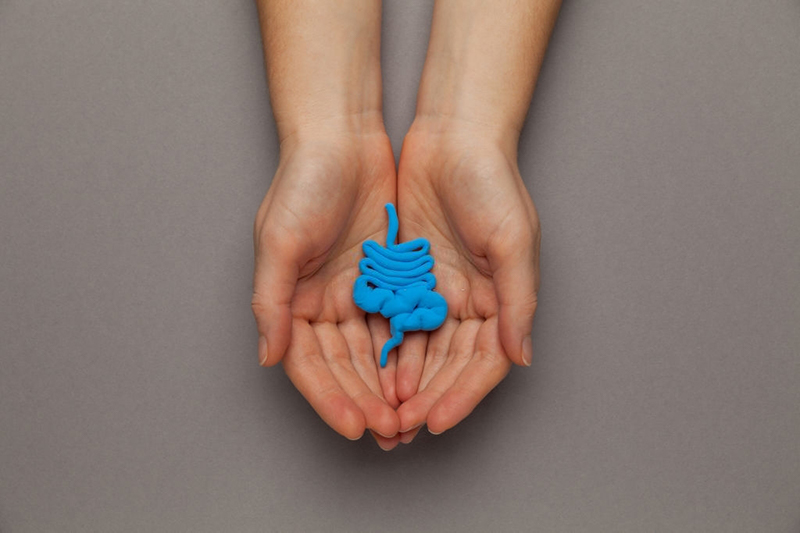If you’re someone who has been taking probiotics and has experienced positive effects on your body, you’re not alone. Probiotics are known for their ability to promote good gut health, boost the immune system, and improve skin conditions. But what happens if you stop taking probiotics? Does your body go back to its previous state, or are there any negative effects? In this blog, we’ll explore what really happens to your body when you stop taking probiotics.
Short-Term Effects
In the short-term, stopping probiotics won’t cause any harm to your body. It’s important to note that probiotics are supplements that introduce beneficial bacteria to your gut microbiome. They’re not essential nutrients that your body can’t produce on its own. So, if you stop taking probiotics, your body will still be able to function without them.
However, stopping probiotics can lead to a sudden change in your gut microbiome, which can cause temporary discomforts such as bloating, constipation, or diarrhea. These symptoms are usually mild and can be managed with dietary adjustments or other lifestyle changes.
Long-Term Effects
The long-term effects of stopping probiotics are more complicated. Studies have shown that probiotics can influence the diversity and richness of your gut microbiome. An imbalance in your gut microbiome can trigger a range of issues, from digestive problems to some chronic diseases. If you stop taking probiotics, you may be more susceptible to gut dysbiosis, a condition where harmful bacteria outnumber the beneficial ones.
A compromised gut microbiome can also weaken your immune system. Around 70% of your immune system is located in your gut, and probiotics can help boost the activity of certain immune cells. Without probiotics, your immune response may not be as strong, leaving you more susceptible to infections and illnesses.
There’s also evidence that probiotics can have positive effects beyond the gut. For example, studies have shown that probiotics can improve skin conditions like eczema, acne, and rosacea. Probiotics may also help regulate your mood and your energy levels. If you stop taking probiotics, you may experience a decline in these benefits.
How to Maintain a Healthy Gut Microbiome
If you’re considering stopping probiotics, it’s important to maintain a healthy gut microbiome through other means. One way to do this is to eat a diet that’s rich in prebiotics. Prebiotics are non-digestible fibers that promote the growth of beneficial bacteria in your gut. Foods like garlic, onions, asparagus, bananas, and artichokes are all high in prebiotics.
You can also introduce fermented foods to your diet. Fermented foods like kimchi, sauerkraut, and kefir contain naturally occurring probiotics that can help maintain a healthy gut microbiome. But keep in mind that these foods may not provide the same benefits as a probiotic supplement, as the bacterial strains in fermented foods may vary.
Lastly, prioritizing healthy habits like regular exercise, good sleep hygiene, and stress management can also help support a healthy gut microbiome.
Conclusion
Probiotics can be a useful supplement for improving gut health, boosting immunity, and even benefiting skin and mood. However, stopping probiotics won’t cause any immediate harm to your body. In the long-term, a healthy gut microbiome is essential for overall health, and stopping probiotics may lead to an imbalance in your gut microbiome. By incorporating prebiotic-rich foods, fermented foods, and healthy habits into your lifestyle, you can still maintain a healthy gut microbiome even without probiotic supplementation.







